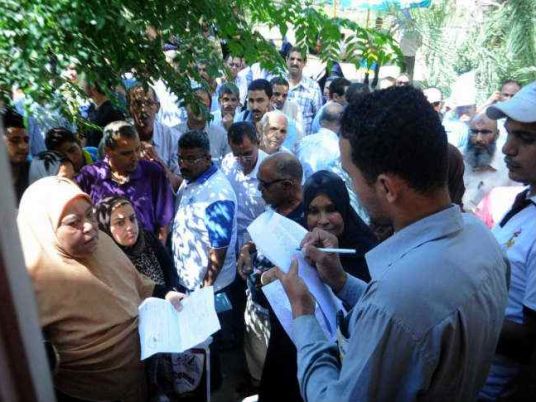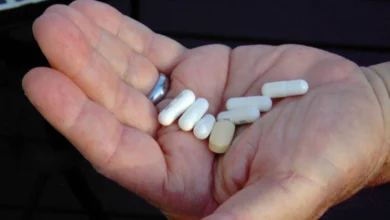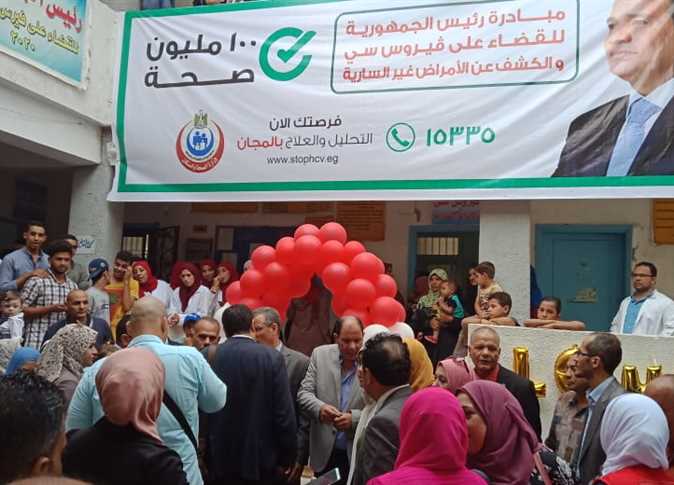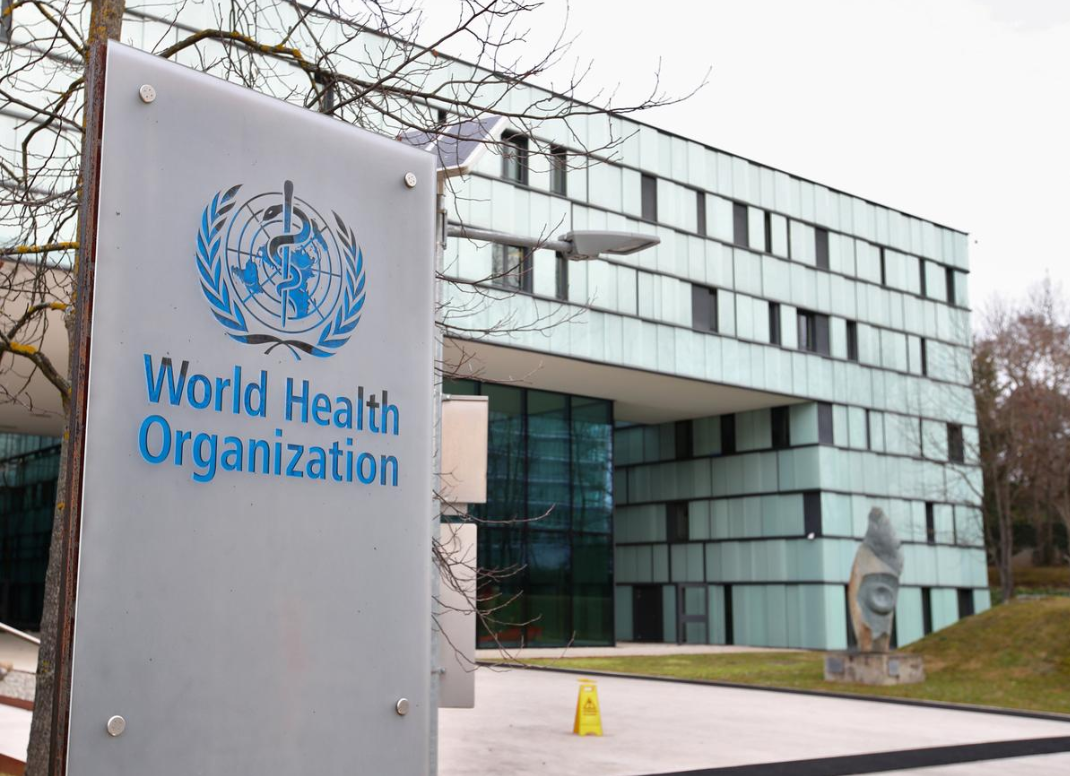
Patients ran to register at two centers for Hepatitis C treatment in Alexandria, hoping they might get the new American drug “Sovaldi” that the Health Ministry says to have made available.
Al-Masry Al-Youm spent a full day in the only two centers in Alexandria in the Al-Qabbari district in the western part of the city and in the Sidi Bishr district in the eastern part.
Inside the Al-Qabbari center, a 44-year-old housewife named Soheir told us that she contracted the disease a year and a half ago from a contaminated blood transfusion when she was giving birth to her last child.
When she heard of the drug on the television, her husband helped her register her name on the site of the National Committee on Viral Hepatitis, hoping she would at last end her recent suffering.
Close to the fence sits 63-year-old Mohamed Abdel Rahman on a piece of cardboard, massaging his swollen foot from standing too long in the
queue.
“See if it is our turn,” he tells his nephew in an Upper Egyptian accent.
“You are number 500,” he answers him. “They are still serving number 300.”
“I was living on pain killers and never took Interferon,” he told us. “I don’t know if there is ever a drug that will cure me.”
Ibrahim al-Shawadfi has been standing in a long queue since 10 am with his sick wife. He complains to the man standing in front of him that there is no decent waiting area in the clinics for patients applying for a medical examination.
“The sun is too hot,” he tells us as he covers his head with a plastic bag that contains results of medical tests his wife had made.
It was calmer in the Sidi Bishr center where only 400 patients visit per day.
Ahmed Nagi, a patient, said he came to try the new drug. “I contracted the disease in 2009,” he said. Like Shawadfi, he blamed the officials of the center for the poor organization.
Dr. Medhat Hosni, director of the Qabbari Center, says complaints that there are not enough waiting areas are not accurate. “We have 150 seats in a shaded courtyard and we are bringing in another 200 seats,” he said.
Since the announcement of the new drug, the center has been receiving 600 patients everyday, a total of 3,600 patients since last Saturday.
Dr. Sherif al-Sayed, director of the Sidi Bishr Center, says the total number of patients since the announcement is 2,400 cases.
Not only do patients complain about the waiting areas, they also say that it takes too much time to disburse the Interferon drug.
Qabbari treats 375 cases per day with Interferon, while Sidi Bishr treats 150 cases.
Inside a clinic in Qabbari, Dr. Hisham Ayoub reads tests of patients who want to get the new drug as to whether they meet the conditions of the National Committee on Viral Hepatitis.
“Patents must apply on the Internet to get an appointment,” he explained. “And they must attach previous tests they made so that we can study the history of the disease.”
He said an evaluation committee screens the applications and decides which cases are accepted, giving priority to the advanced cases of Cirrhosis (F3 and F4).
He said the committee decides whether a patient needs doses of Interferon, Sovaldi and Ribavirin, or only Sovaldi and Ribavirin for a period of six months for patients who do not respond to Interferon.
Edited translation from Al-Masry Al-Youm




